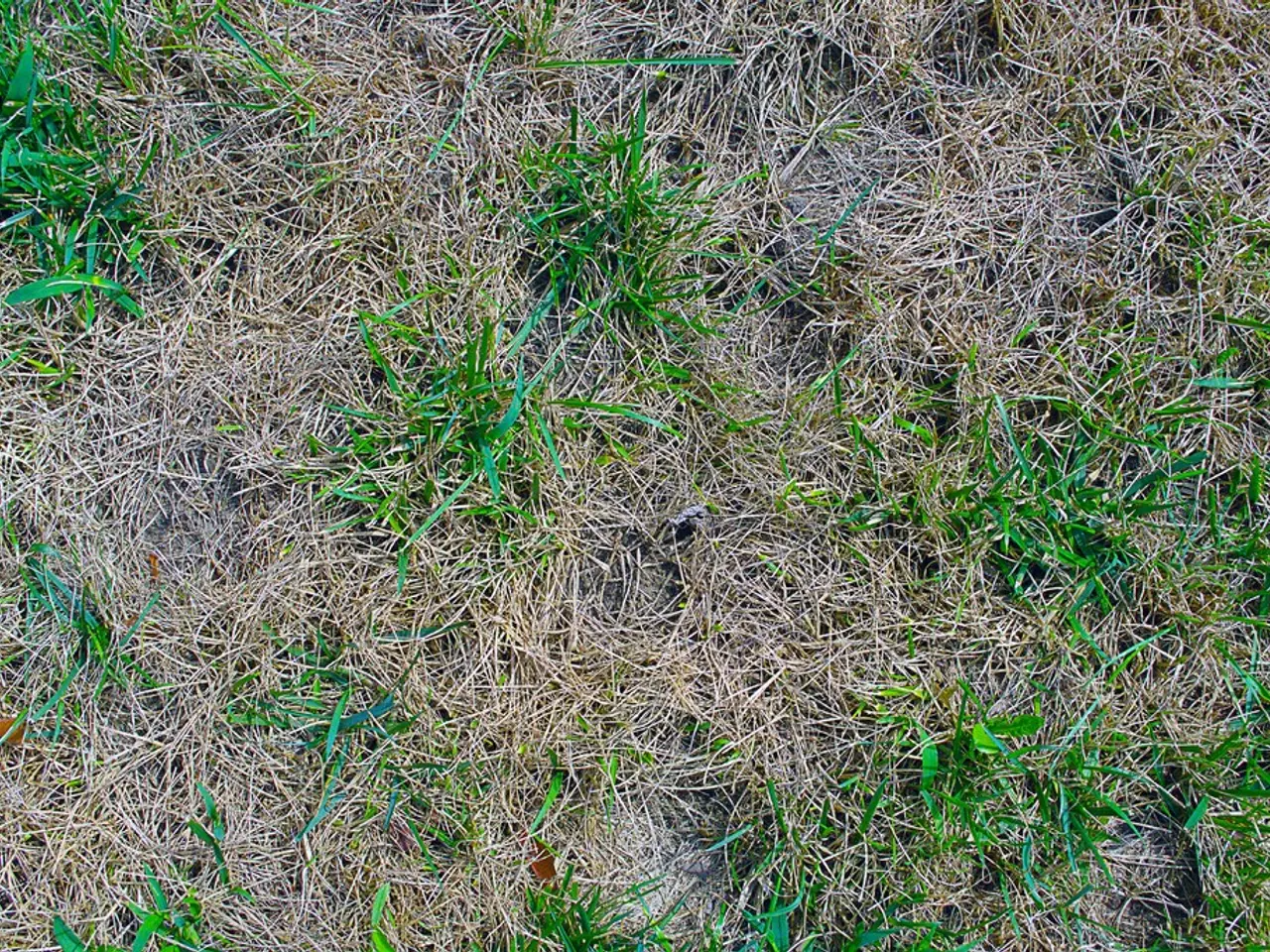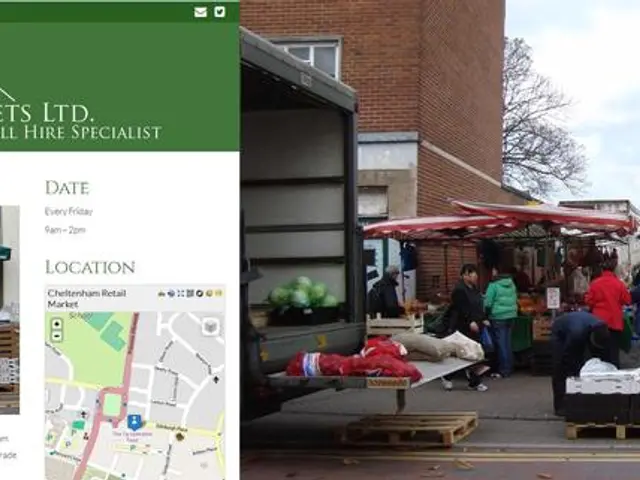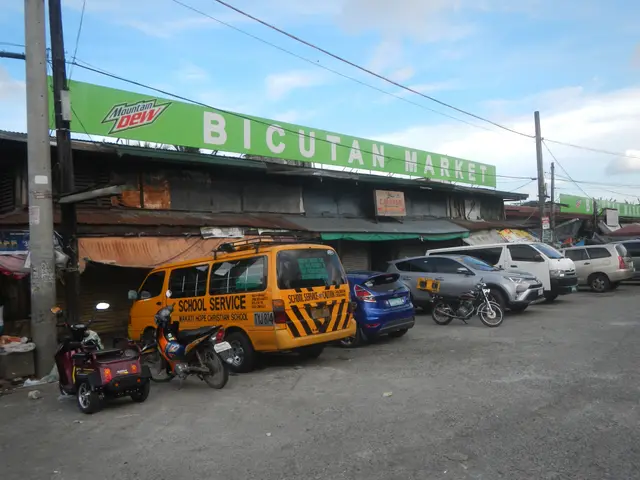Annual Gathering of the Savory Institute UK Network
In the realm of modern agriculture, a growing number of farmers and landowners are questioning the status quo and seeking solutions to the pressing issues of soil degradation and climate change. Allan Savory, a renowned environmentalist, recently delivered a thought-provoking talk challenging the lack of progress in maintaining the health of our planet and ensuring food security, despite technological advancements.
Savory posits that the key to addressing these biological problems lies not in more technology, but in a consumer revolution that drives government policy change. He advocates for holistic management as the answer to our woes, a decision-making and planning process that offers insights and management tools to work in harmony with nature, balancing economic, social, and environmental considerations.
One such advocate for holistic management is Sheila, Christopher Cooke, Marianne Hill, and the Savory Institute Hub in the UK. They are actively promoting and training farmers and landowners in this approach, with notable success stories like that of Tim May, an arable farmer in Hampshire. May, faced with the erosion of his soil reserves due to intensive, agrochemical-based farming, introduced cattle and sheep onto half of his large arable estate. The result? Improved soil health, increased wildlife, and a renewed enjoyment of farming for May.
The benefits of holistic management extend beyond the farm. Caroline Grinwood, a speaker at the conference, praises 100% grass-fed meat for its high levels of omega-3s, ideal omega-6 ratios, and presence of Conjugated Linoleic Acid (CLA), which is anti-inflammatory and can block diseases like cancer. Lamb meat boxes are sold online, meat is supplied to chefs and restaurants, and at local food festivals. Organic coloured wool is sold to a local spinner for knitted baby clothes, and to a local business making eco-felted shrouds for burials.
Moreover, the long rest period before grazing allows for the thriving of insects like eight different types of dung beetles, contributing to a healthier ecosystem. The public's understanding of the role of livestock and holistic management in addressing some of the world's most urgent worries is crucial for the continued success of this approach.
In the context of ecological restoration of grasslands, Holistic Planned Grazing is used to manage livestock, mimicking predator/prey relationships in these environments. Rebecca Hosking, manager of Village Farm in Devon, has seen a remarkable influx of wildlife in the three years since she began managing the farm ecologically. Foxes on Village Farm take weak lambs from rubbish mothers, reducing the need for predator control and eliminating the need for decisions that Hosking might have to make later.
The Wool Room, a business specialising in chemical-free pocket sprung mattresses, is another testament to the benefits of holistic management. Demand for these mattresses, toppers, and duvets is increasing, and if the Wool Room can take just 5% of the market, it could use all the wool British farmers could supply. Chris Tattersall, managing director of the Wool Room, explains, "Wool is a natural, sustainable, and renewable resource that provides numerous benefits for both the environment and the consumer."
The journey of food and eating, from hunter-gatherers to the 13th century when grassland built Britain's wealth through the wool trade, offers valuable insights into the potential of holistic management. Between 1750 and 1940, the English countryside remained based on pastoral, mixed farming, producing real food sustainably.
However, post-war, farming was hijacked by oil-based technologies, leading to the production of non-real foods in supermarkets today. This shift has sparked a movement towards a return to traditional farming practices, with many Pasture-Fed Livestock Association members likely following Holistic Management principles in their own ways.
As the Savory Institute Hub in the UK and 3LM continue to promote and train farmers and landowners in holistic management, the future of sustainable agriculture looks promising. The specific individuals leading these organisations, as well as their roles in promoting and training farmers and landowners in holistic soil regeneration, are not yet widely identified. However, their work is making a tangible difference in the lives of farmers, the health of our soils, and the sustainability of our food system.
For more information about the speakers and the Savory Institute Hub in the UK, visit www.3lm.network. The conference in Penrith was filmed, offering a valuable resource for those interested in learning more about holistic management and its potential to transform agriculture.
Read also:
- Zodiac Sign Analysis: Sagittarius - Dates, Traits, and Compatibility with Romantic Partners
- Ohio Establishes Forum to Address Questions Regarding Gambling and Sports Wagering Regulations
- Fifteen Template Designs for Business Pitch Decks to Attract New Customers and Investors
- Launching a lucrative venture in Aerial Photography with Drones








